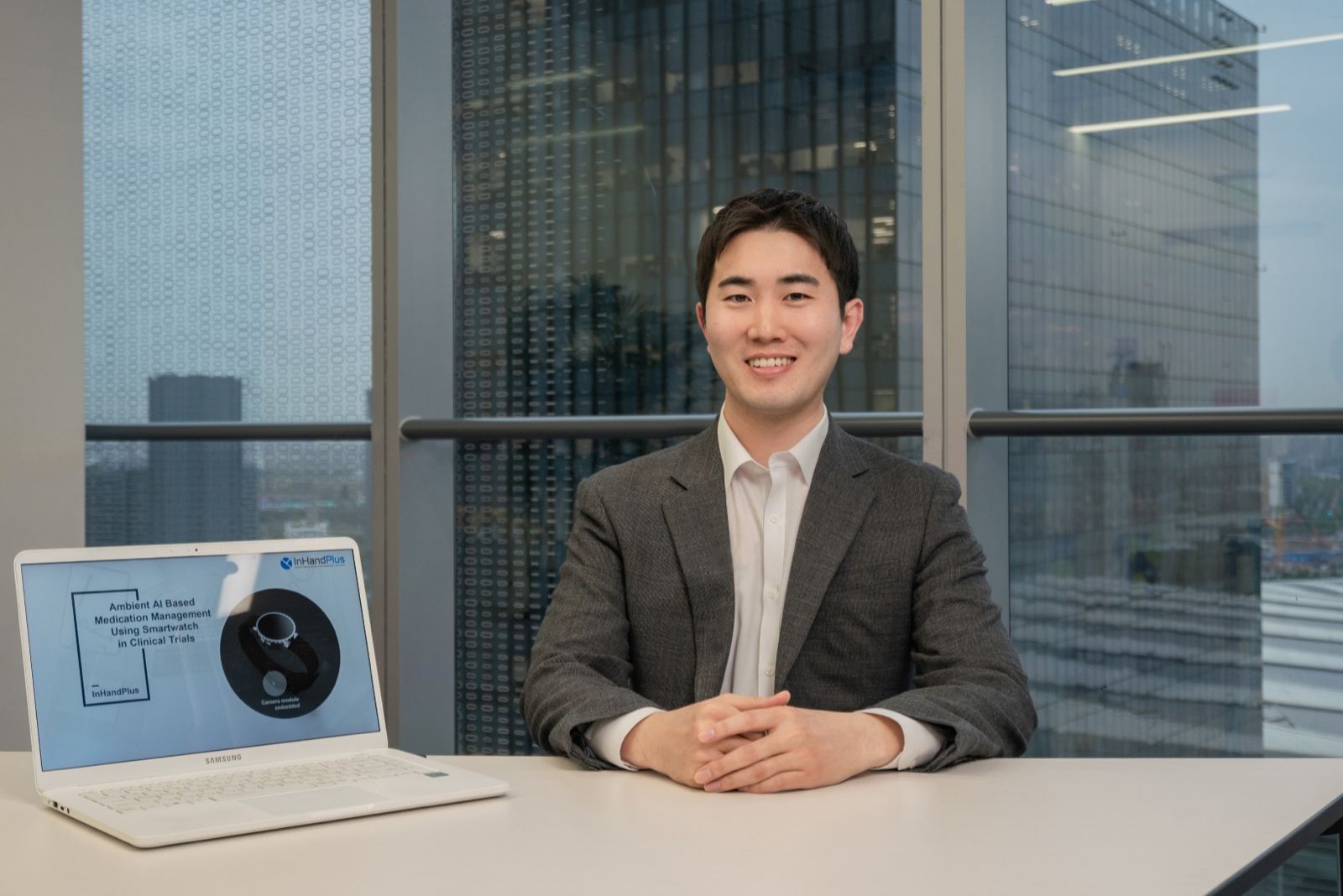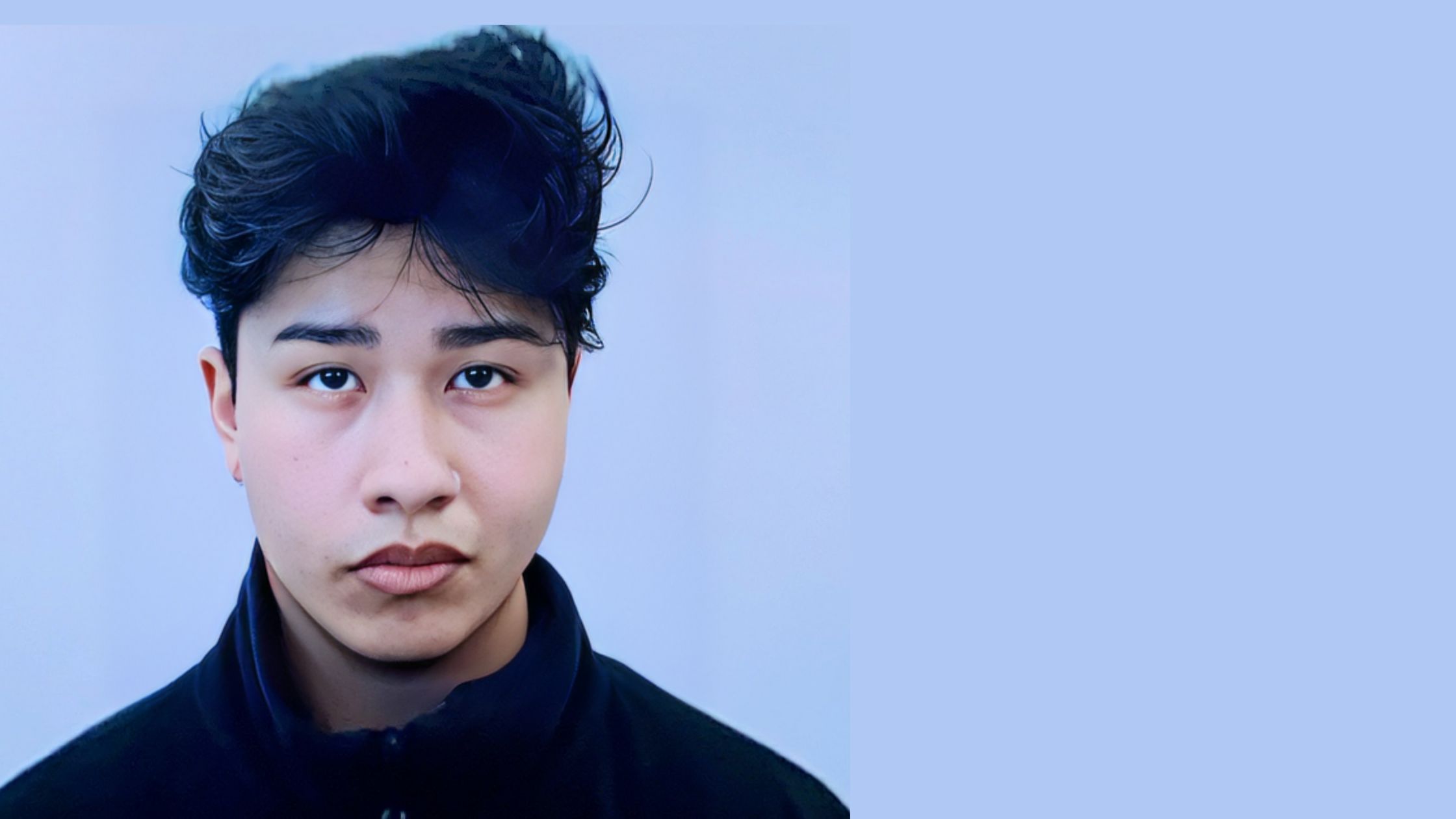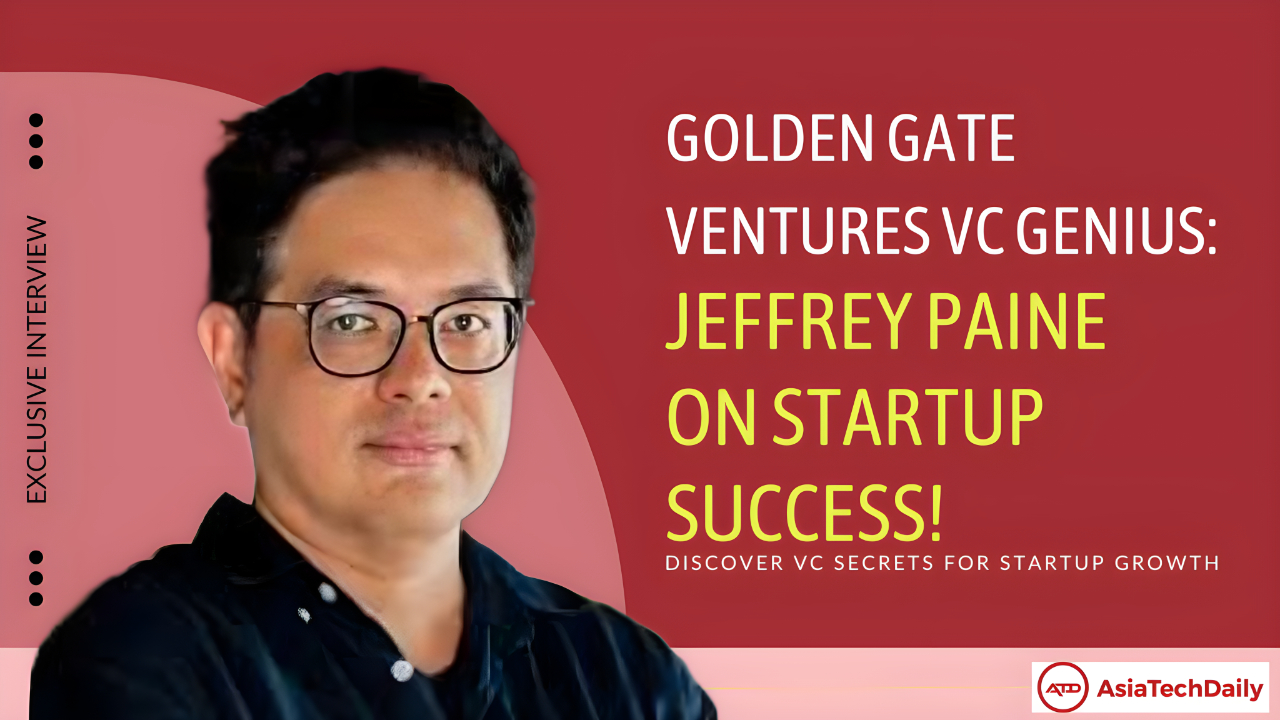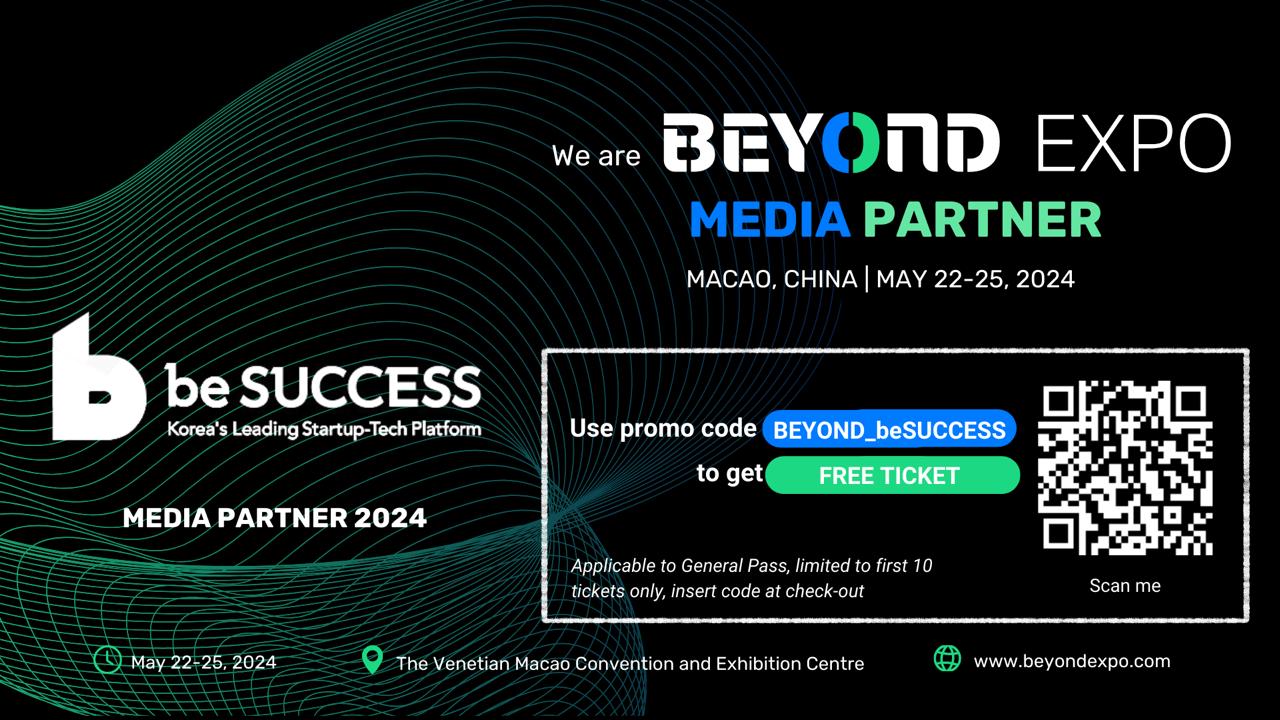AsiaTechDaily – Asia's Leading Tech and Startup Media Platform
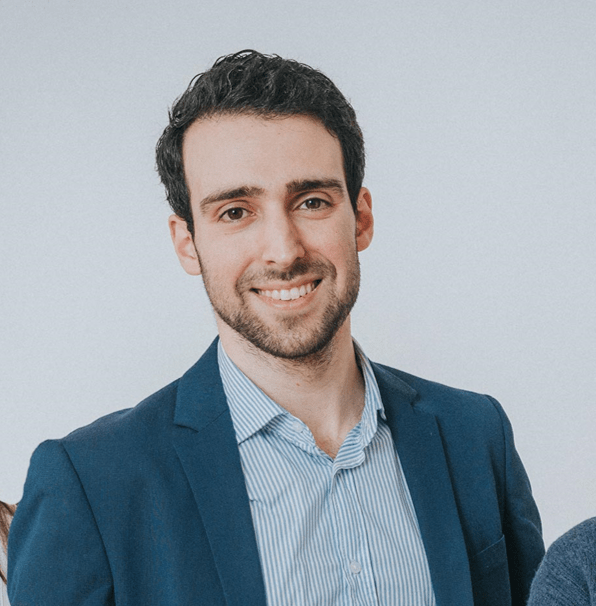
Luis Valente, CEO & Co-Founder Of iLof- An Intelligent Platform For Precise, Patient-Centric Drug Development
Luis Valente is the CEO & Co-Founder Business manager, strategist, and entrepreneur with a drive for using innovative and creative strategies to solve complex problems.
Recognized by Forbes as one of the top 30 under 30 for Science and Healthcare, Luis has a Computer Science background. He has spent several years focusing on innovation and improving strategies in companies from tech to Healthcare. Having founded his first company at 18, over the years, Luis has been consistently awarded in world-class management competitions, like the Global Management Challenge or the Global Marketing Competitors.
He is currently acting as CEO and Co-Founder of iLoF, an Oxford-based startup, working to enable a new era of personalized medicine by using AI and photonics to build a cloud-based library of disease biomarkers and biological profiles.
iLoF is a Porto and Oxford-based company working to enable a new era of personalized medicine by using AI and photonics to build a cloud-based library of disease biomarkers and biological profiles. It provides screening and stratification tools in an affordable, fast, portable way, saving up to 40% of the cost and 70% of the time spent screening for clinical trials. Supported by leading institutions like Microsoft Ventures, Mayfield, or Oxford University, iLoF is currently focusing a validated platform technology in one of the biggest epidemics of our times: Alzheimer’s, while maintaining ongoing verticals on Oncology, Stroke, and Infectious diseases.
In an exclusive interview with AsiaTechDaily, Luis says:
Don’t burn too soon: not everyone is built to work 80h/week, and all founders should accept each other’s limits.
Also, never keep your eye off the prize. Either you are aiming for an exit/acquisition, or you want to grow and operate a profitable venture, always maintain clear to you (and your team) what you eventually aim to do.
- If a man does not know to which port he is sailing, no wind is favorable. Always keep your eyes on the goals
- Few people actually have the resources to change the world. However, all have the power to change themselves
- It’s fundamental always to be surrounded by smart people you can trust: even/especially if they are not always inclined to agree with you
Read on to know more about Luis Valente and his journey.

Please tell me about your personal background and What motivated you to get started with your company?
Luis Valente: My name is Luis Valente, and I’m the CEO of iLoF. Although I was trained as an Engineer (background in Computer Science), I always had a drive to the business side of things. I started working at a very young age and eventually founded my first company at 18. I consider myself more of a business manager/strategist profile, with a drive for using innovative and creative strategies to solve complex problems.
iLoF was born out of the recognition that the enormous advances in medicine in recent centuries have been based on the idea that the same treatment is effective for the entire population – when, unfortunately, it is not always so. Much of the challenges in today’s healthcare industry are dealing with complex, heterogeneous diseases. These diseases are correlated with different factors and present different behaviors in different individuals – and this our the heard of the motives behind iLoF inception.
What is your current main product, and can you share any previous product pivot story to the current product?
Luis Valente: iLoF is a platform that allows, based on a simple drop of blood, to collect and store both biomarkers of different diseases, as well as personalized biological profiles of different types of patients.
With this cloud-based database (which can be compared to a fingerprint file), it is possible to offer inexpensive, portable, non-invasive screening and stratification tools that can be used to recruit patients for clinical studies in an inexpensive and efficient way for the industry (reducing 40% of the cost and 70% of the time), while conveniently for the patient.
Although the platform is agnostic regarding therapeutic targets and has proven itself in areas such as oncology or cardiovascular diseases, we pivoted to be very focused on helping personalized treatments for one very important complex disease treatment to reach the market: what we consider one of the greatest healthcare challenges of modern times, which is Alzheimer’s disease.
How much money have you raised in total so far? When was the recent funding round?
Luis Valente: We raised around 3.1M€ from various tech and healthcare investors such as Microsoft Ventures, Mayfield Fund, and EIT Health. Our most recent raise was in the first semester of 2020.
What were the internal decision processes in determining when to begin fundraising, and what were the logistics for this? And how many investors have you met so far, and how did you meet these investors, and which channels worked best for you?
Luis Valente: Money is like jet fuel to a startup; however, we don’t only raise when you need it: you also raise when you want what comes attached with the money: the investors’ expertise and know-how. In our last raise, we understood a unique opportunity of bringing “smart money” into the company, and that is currently accelerating our roadmap execution by several orders of magnitude.
Since our inception, we were always very much in contact with investors. By using our partners’ network (accelerators, advisors), conferences, and startup competitions, we were able to pique the interest of several VC’s that kindly reached out to know more about us. I estimate we have met over 100 investors in the last 18 months, and about 30% of those lead to meaningful conversations and potential opportunities.
What are the biggest challenges and obstacles that you have faced in the process of fundraising? If you had to start over, what would you do differently?
Luis Valente: It’s important to have materials ready to share (e.g., KPI’s, milestones). Also, ideally, you should already know the kind of investors you would like to have onboard to facilitate knowing to which ones you should dedicate more time to.
What are your milestones for the next round? And what are your goals for the future?
Luis Valente: Although we are currently not fundraising, we are indeed keeping strategic investors in the loop. Until our Series A, we will continue to scale our commercial validating activities, grow our cloud-based library (acquire and process massive amounts of data from biological profiles) while also recruiting key positions for our team.
How have you attracted users, and with what strategy have you grown your company from the start to now?
Luis Valente: As a tech company working in the life sciences space, we have since the beginning tried to find a beachhead market of users to try our product in a way that there was no risk for the user in any way (and thus, no regulatory process).
This is what lead us to work with biotechs and hospitals in their drug development/discovery efforts (currently, we mainly assist them in pre-clinical and clinical work).
In order to attract users, we once used the networks we could tap into: via our key advisors, investors, partners, etc. Once you secure the first meeting, you need a clear value proposition and a risk-free proposal that can land you the first deal (sometimes, not paid).
Which has been the best marketing software tool for the growth of your startup, and why?
Luis Valente: We use Hubspot to organize our future leads: they have prices for startups and are overall a very flexible tool. Pipedrive is good, too, although it might be overkill for early-stage startups.
What do most startups get wrong about marketing in general?
Luis Valente: If you are a B2B startup, you can still benefit a lot in raising awareness. That will help you attract top talent and also slightly help to get the first meeting with tier-1 investors. A mix of social media channels and “social exposure” (e.g., conferences, competitions) is normally the right mix.
How do you plan to expand globally?
Luis Valente: For a startup, it is always important to expand via channels. For us, both Pharmaceutical companies and CRO’s are ways to access the global market without the need to have a huge commercial team.
What are the most common mistakes companies make with global expansion?
Luis Valente: It would be best if you were ready. It might sound cool to set up an office in Silicon Valley after your first raise; however, if you don’t already have VC’s that can help you with introductions to space, you might end up spending a lot of money without a lot of return. Same thing with other commercial markets: make sure your product (and team) is ready to deliver on leads and increased traction.
How do you handle this COVID-19 outbreak situation for your company’s survival in the future?
Luis Valente: COVID-19 has actually been an opportunity for iLoF. We were able to help some of our clinical partners via a government-funded project to adapt our platform to forecasting which patients will be very seriously ill following the infection (against the mild/moderate cases), which aside from financial assistance, brought us the opportunity to prove how quickly we can adapt to stratifying patients based on a new condition.
On the financial side, we kept being very conservative and hired only for the positions that were indispensable for our growth.
What are the most common mistakes founders make when they start a company?
Luis Valente: Don’t burn too soon: not everyone is built to work 80h/week, and all founders should accept each other’s limits.
Also, never keep your eye off the prize. Either you are aiming for an exit/acquisition, or you want to grow and operate a profitable venture, always maintain clear to you (and your team) what you eventually aim to do.
What’s the best advice you’ve ever received? And What advice do you have for someone who is interested in doing similar things like yours or in a similar direction?
Luis Valente: Understand very well the key drivers of the people you are talking with. Find out what “job” you can do for them that will have an impact on a personal level in their careers (e.g., highlight and quantity the cost savings you can enable, and how they can potentially make the champion of your solution inside the client get a raise of a promotion).
What are the top-three books or movies (TV series) that changed your life and why?
Luis Valente:
- Westworld, in what makes us humans (what point are we more than the sum of our parts)
- House of Cards, as an example of how (and why) we keep seeing morally flawed individuals in high power positions
- The Man from Earth made me understand the power of narrative and storytelling and how weak some of our beliefs are
How do you keep yourself motivated every day?
Luis Valente: By keeping on my calendar, a mix of things that excite me/give me energy, together with things that have to be done/contribute to our goals.
What are the top three life lessons that you want your (future) sons and daughters to know?
Luis Valente:
- If a man does not know to which port he is sailing, no wind is favorable. Always keep your eyes on the goals
- Few people actually have the resources to change the world. However, all have the power to change themselves
- It’s fundamental always to be surrounded by smart people you can trust: even/especially if they are not always inclined to agree with you
What would you like to be remembered for?
Luis Valente: As someone devoted to democratizing personalized medicine, leading to a measurable impact on the lives of millions of persons around the globe.
You can follow Luis Valente here.
Are you looking to secure investment for your startup or a keen startup enthusiast, keep an eye on our interview section.
Follow Asia Tech Daily to know about the innovative startups and how they are revolutionizing the ecosystem.


